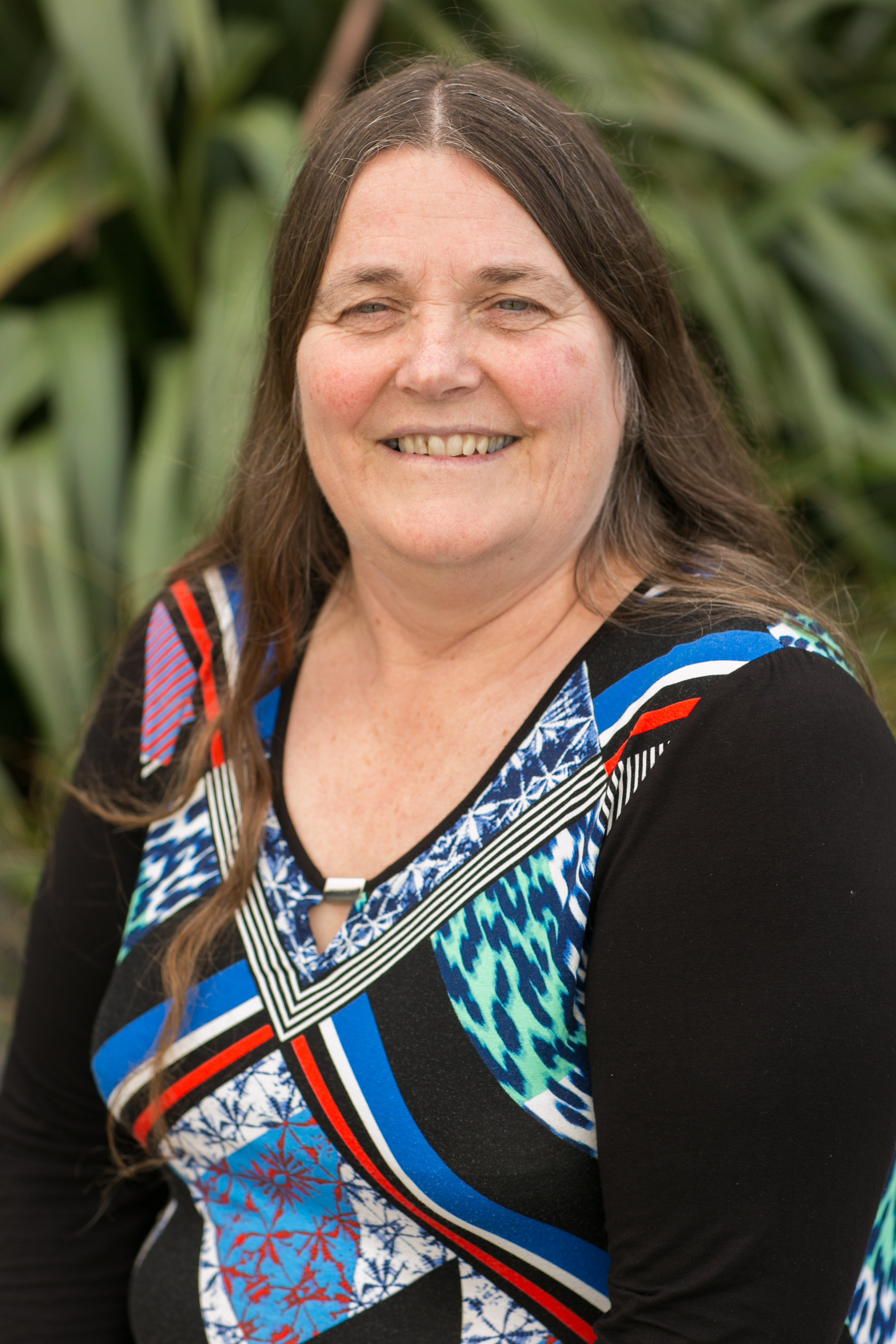Dr Lesley Murrihy
Dr Lesley Murrihy has just taken up a position as a Chief Advisor to Associate Deputy Secretary, Pauline Cleaver, of Te Poutāhū (the Ministry of Education’s Curriculum Centre). However, until recently, her long career in education (spanning 40yrs) has been spent in schools.
Lesley always wanted to be a teacher from the age of 14 years when she became a Sunday school teacher at her local Anglican church and coached her gymnastics team at Kawerau College. In the time since, she has taught History, English and Social Studies at several secondary schools, taught in primary schools and then become a primary school principal and Kāhui Ako Lead Principal. She has led two very different schools – decile 1 and decile 10, 85% Māori students and a highly multicultural community, semi-rural and suburban. One school celebrated its centenary while she was principal and the other first opened its doors to students in 2012 with her as the foundation principal.
Though these two schools were very different, Lesley realised that the challenges facing education are the same everywhere even though they might present themselves differently. The challenge: how do schooling institutions acknowledge the incredible uniqueness of every student within a curriculum focused on ensuring all students experience what it means to be fully human in institutions that have limited funding and, therefore, need to be efficient as well as highly effective? This is a huge challenge with lots of competing tensions. In response, over recent years, Lesley has been developing a future-focused, integral, personalised and rigorous curriculum and implementing it across the whole school system.
This has necessitated developing her leadership capability and, in particular, learning how to lead effective professional development for teachers. Lesley has always been driven to continually learn; and, just in case first-time principalship wouldn’t provide sufficient opportunity for learning, on the very same day she accepted her first role as principal, she also accepted an invitation into the Waikato University doctoral programme for education. Her thesis focused on whether coaching assisted the growth and development of educators. It found that it did, and coaching leadership has been the backbone of her leadership approach ever since.
Lesley’s work combines vision and pragmatism – she works best at the interface where practice and educational theory meet. She agrees with Kurt Lewin that there is nothing so practical as a good theory and she uses theory to inform practice and then reflected-upon-practice to continue the development of educational theory.
Lesley’s innovative approach to school and leadership development was recognised very early in her principalship when the school she was leading became one of four finalists in the Goodman Fielder School of the Year Awards and she was chosen as one of four finalists in the Microsoft Excellence in School Leadership National Awards. That same year, she was also chosen as one of four New Zealand principals to join 100 high performing school leaders from around the world at the G100 Conference in Beijing. Previously, she had been fortunate to be selected (along with Dr Jan Robertson) to undertake an International Research Associateship with the National College of School Leadership (Nottingham, UK) and the University of Warwick.
Lesley is grateful for the many opportunities she has received throughout her career and she acknowledges the allyship and mentorship of people like Dr Jan Robertson and Colin Prentice who so strongly supported her leadership growth and development over many years. She acknowledges her career in education has often been challenging, but it has also been a joy - an absolutely highly rewarding and thrilling journey of discovery.


